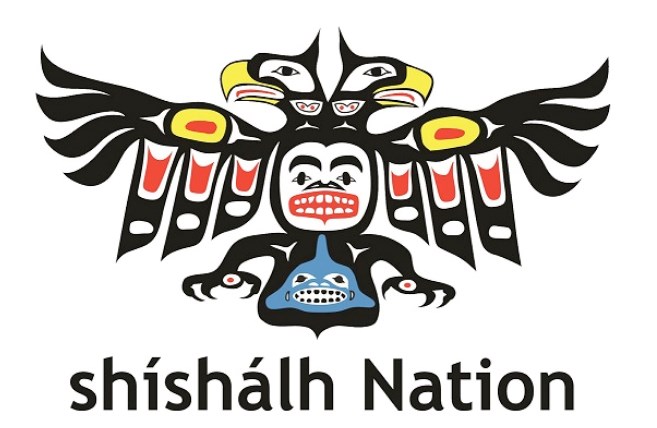Shíshálh Nation members who live outside the Nation’s swiya (traditional territory) could get the right to vote and run for office after those in favour of amending the shíshálh Constitution narrowly outvoted those against in a referendum held at the end of May.
Eighty-three people voted to amend the constitution while 79 opposed the changes. About 30 per cent of eligible voters participated in the referendum.
Members were asked whether they agree that the proposed amendments to the constitution should be approved, and that the election and referendum law of 2019 also be adopted.
Those changes would mean a member would no longer be required to be a resident on shíshálh territory to vote and run for office.
“I’m absolutely stoked about it,” shíshálh Nation Chief Warren Paull told Coast Reporter.
“It justifies all the late nights and sitting on the red eye heading back to Ottawa and doing all of those things. It justifies all of it because I believe in this little thing called democracy,” said Paull.
“If you’re a Nation member, it should not matter where you live. You should be able to vote for and run for office if you so desire.“
But given the four-vote difference, others did not share that conviction.
Paull attributed the narrow margin to uncertainty over electing someone without close ties to the community. “They don’t mind people having a vote, but they do have a concern about those who don’t live here being able to run and come in and change the world. And then not having been here long enough to understand what’s actually going on and what the impacts are going to be.”
Under the new rules, non-residents who wish to run in an election would have to attend a nomination meeting while those who wish to vote would contact the Nation and be sent a mail-in ballot.
The Nation will be holding its next election in February and a nomination meeting is expected to be held in late November or early December, but it’s not known whether the new rules will be in place by then as the changes still have to be approved by federal cabinet.
The hope had been to get approval before Parliament broke for the summer, but “a long line of things that had to be approved” caused a delay, said Paull, who is expecting to meet with government officials to establish a revised timeline.
Shíshálh Nation became the first self-governing Indian band in Canada in 1986. A committee was struck in 2017 to update and amend four sections of the constitution, which was established in 1993.
Paull said efforts to get these particular changes underway began to ramp up following the last federal election and particularly since 2017. “As we went along, we found that we had some friends in [the justice ministry], and her name was Jody-Wilson Raybould, and she took personal interest in it and had some say in driving her team to get the work done in a timely fashion.”



